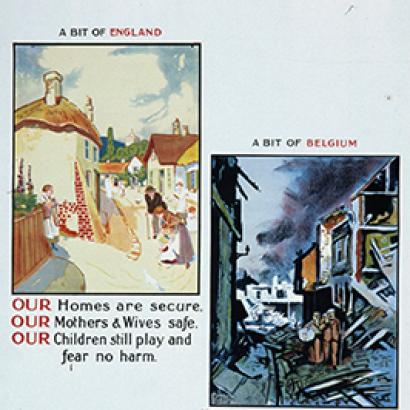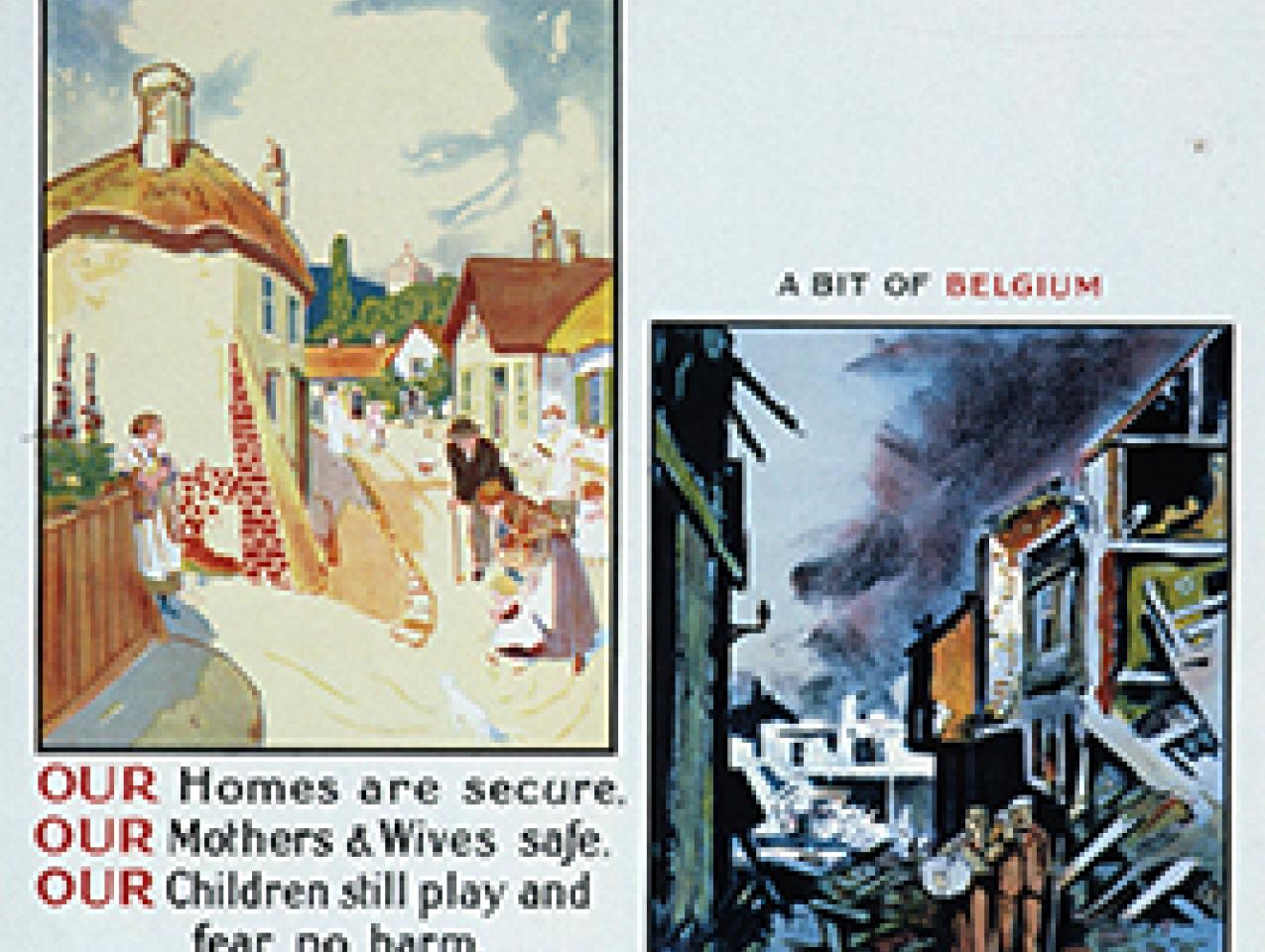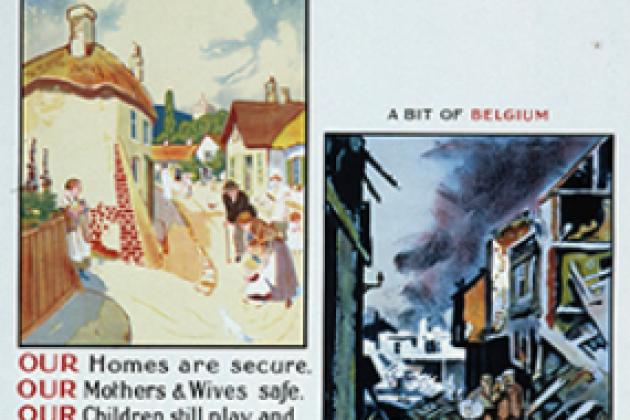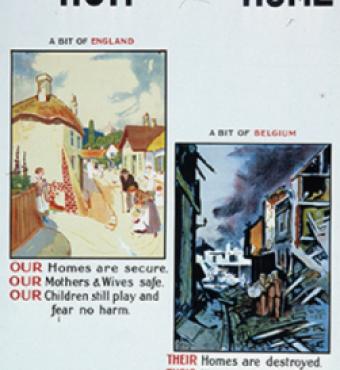- History
- Military
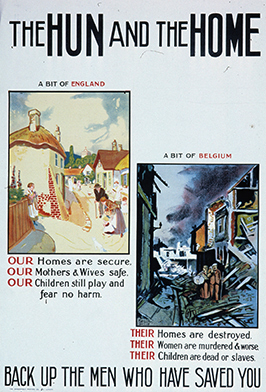
Vladimir Putin has proven himself a masterful tactician, who, as all tacticians do, maneuvers in the present with little regard for the future. He has managed to attack Georgia for its arrogance in daring to consider joining NATO, seize the Crimea, cause a nasty struggle in eastern Ukraine, and while destabilizing that state, launch a massive cyberattack on Estonia, assassinate various Russian defectors in the United Kingdom through the use of radioactive materials, and interfere in the 2016 elections in the United States along with other crimes and misdemeanors inflicted on his own people. And all that he has gotten in response are some half-hearted sanctions that largely target the financial holdings of the thugs and criminals that surround him. Moreover, he has persuaded the Germans to agree to a gas pipeline through the Baltic Sea that will allow Russia to place even more aggressive screws on the Ukrainians.
So Putin’s Russia goes merrily on its way, flying bombers to Venezuela and squeezing the Russian people of their wealth and reputation. Nevertheless, the long-term results from those national leaders, who have focused on tactical success and ignored the strategic consequences of their actions, has proven disastrous over the centuries. The problem is that tactics almost exclusively focus on today and tomorrow. Even in war, operational commanders must think in terms of the future: next week or next month. Strategists must think through diplomatic, economic, financial, and military tactical decisions in terms of what their intended and potential unintended effects might be over months and, in some cases, years. In drawing up the Schlieffen Plan in the period before the First World War, the German General staff thought merely in terms of immediate tactical necessity. Thus, they calculated that, if the invasion of Belgium were to bring the British into the war, it would only mean adding 100,000 of what the Kaiser called the “old contemptibles” to the French forces in the field. Entirely left out of their calculations was what Britain’s influence with its financial and industrial strength, the Royal Navy, and economic blockade would mean should the war become a long drawn out affair, which even Moltke the elder had recognized was a distinct possibility.
What, of course, Putin is entirely ignoring are the long-term threats that Russia confronts on its own extended borders. The Eastern European and Baltic states, even with NATO support, represent no threat, except perhaps in displaying to Putin’s subjects how mistreated they are by the thuggery that the former KGB officers have made of Russia. In fact, with neither the troop strength, nor significant military capabilities, NATO—only united when the Russians act particularly badly—represents no threat at all. The long-term threats, however, are going to come from Central Asia and the Far East. In the case of the former, the Stans provide a level of instability, combined with the rise of Islamic fundamentalism, that is a real threat to major Russian economic and raw material interests. The steady growth of Chinese influence and interest in the area should be of enormous worry to the Russians, but the continued sale of top-end military gear to the Chinese by the Soviets suggests that it is not the case.
And that raises the strategic threat that China represents to Russian interests in Siberia and the Far East, which one would have thought would be of primary concern to the Kremlin. This is certainly the case with large numbers of Chinese immigrating across the border into parts of Siberia, while the Russian population in the Far East steadily drops. In his last years Charles de Gaulle is reputed to have commented that the Soviet Union would collapse by the end of twentieth century and that Russia would be back on the Urals by the end of the twenty-first century. Ah, but why worry about such long-term possibilities when you can have great fun tweaking the noses of the stupid Americans and when there are so many more important issues to worry about such as the supposed mistreatment of the Russian minority at the hands of those nasty Estonians.







